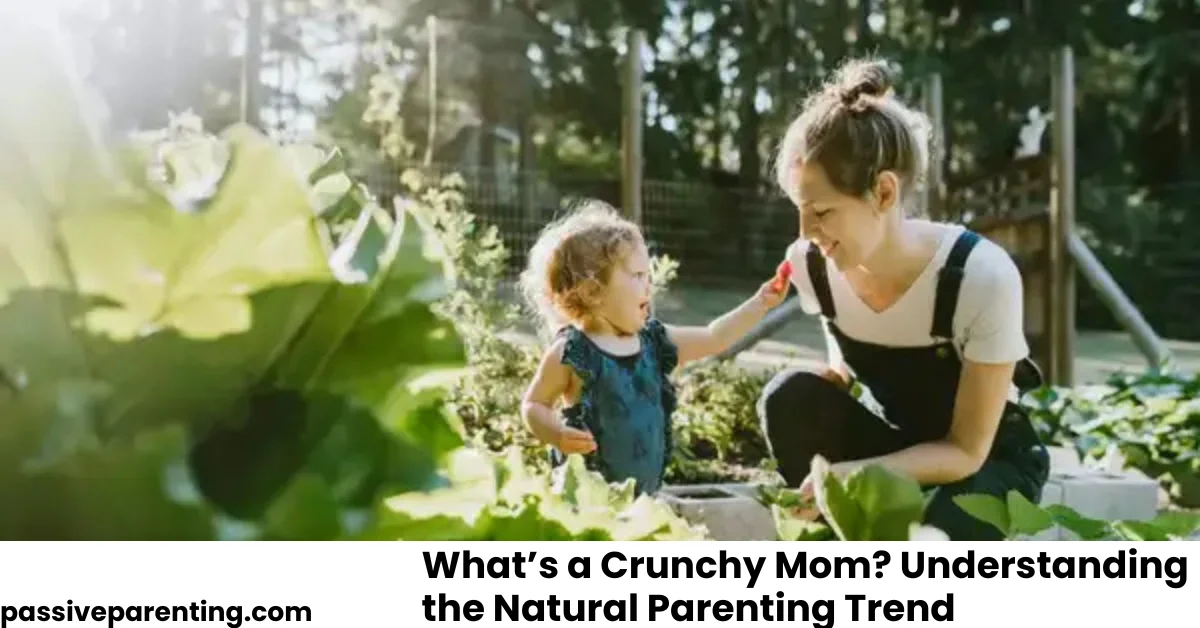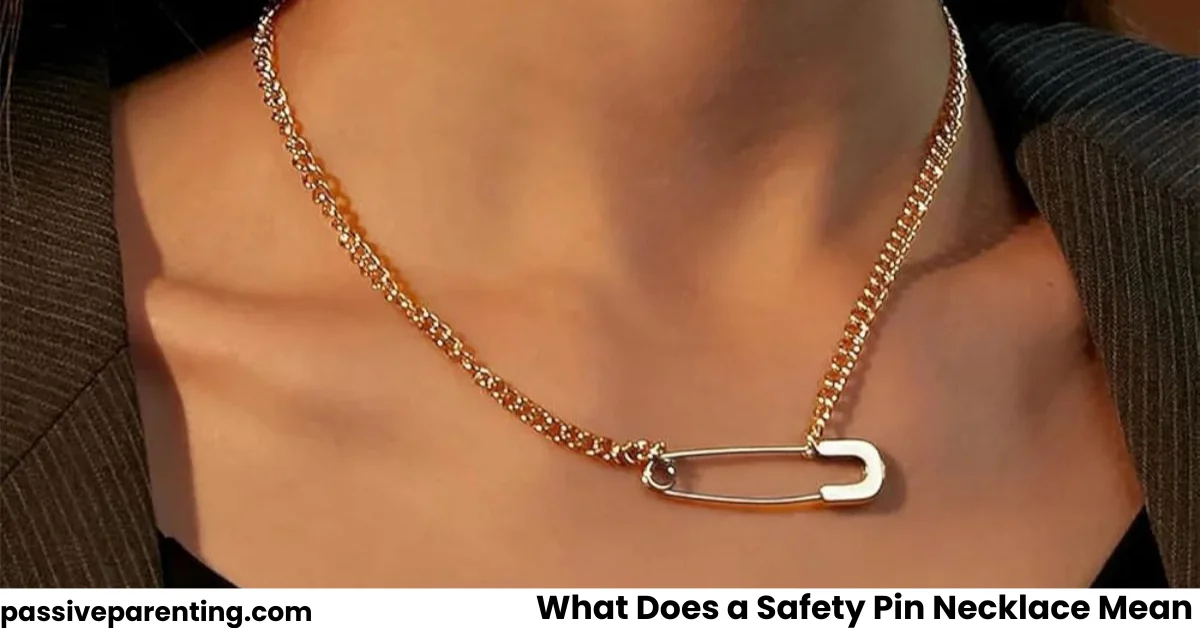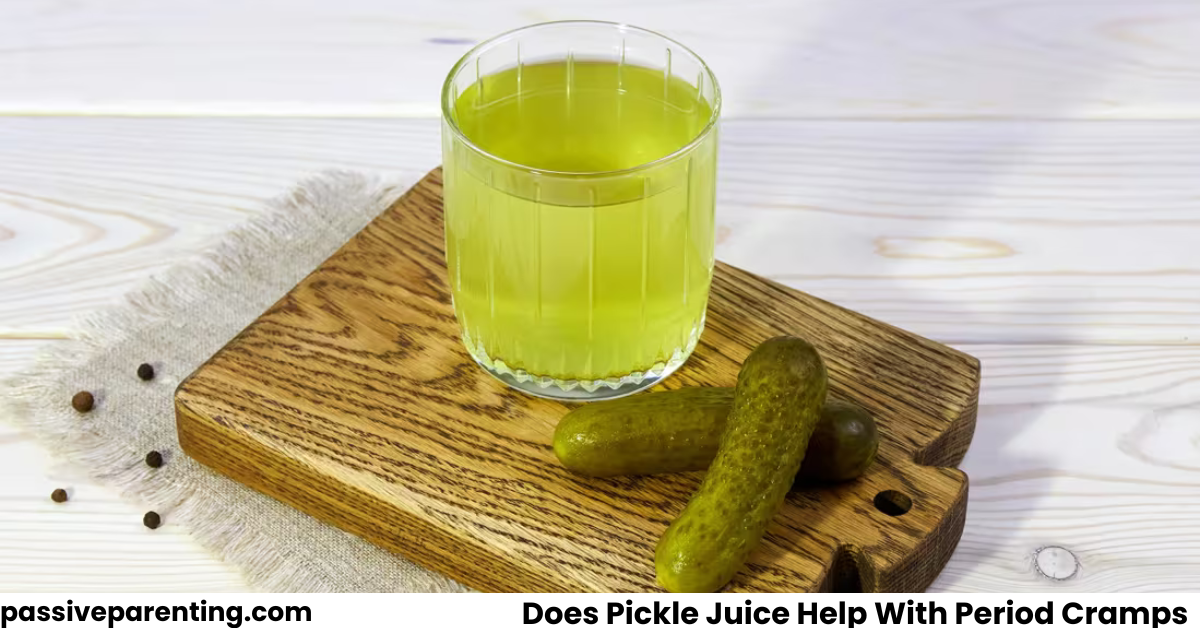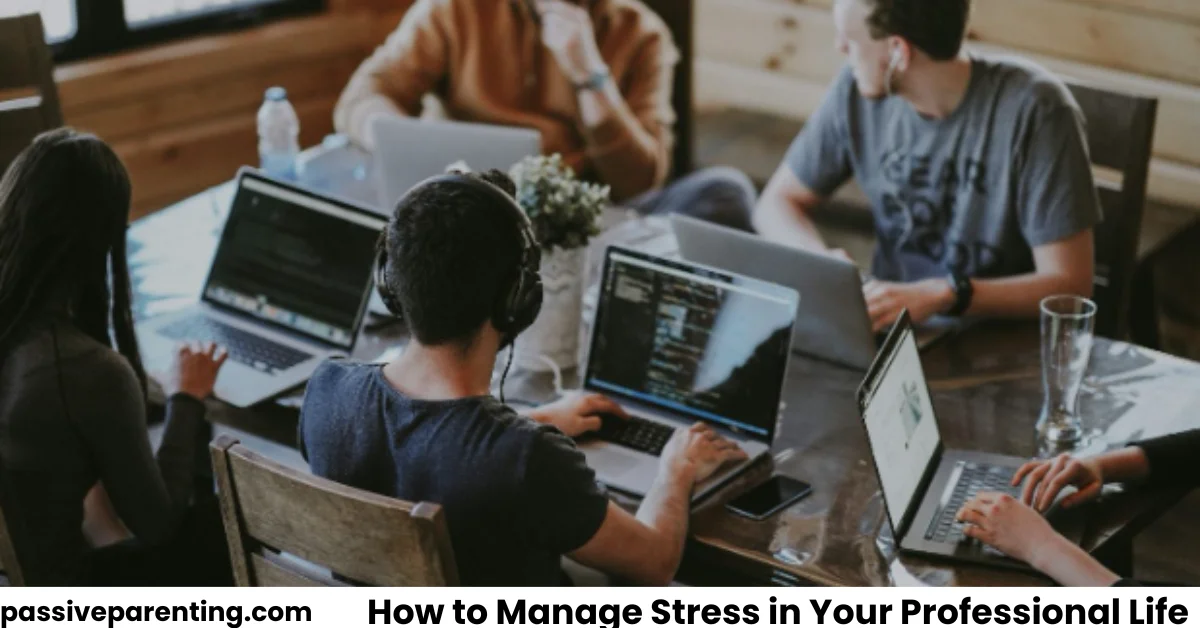In today’s parenting culture, moms are embracing a wide spectrum of philosophies—ranging from tech-savvy and science-driven to nature-centered and holistic. Among these identities, one term frequently pops up: “crunchy mom.” But what’s a crunchy mom exactly?
The term may sound quirky, but it refers to a very intentional, natural, and eco-conscious approach to parenting. From cloth diapers to essential oils, crunchy moms often opt for traditional or holistic methods over mainstream alternatives. This article breaks down the full crunchy mom meaning, explores related types like scrunchy moms and silky moms, and helps define what it means to be crunchy in modern motherhood.
Crunchy Mom Meaning and Definition
The definition and meaning of a crunchy mom are discussed below, shedding light on her natural and holistic parenting approach. Learn what sets crunchy moms apart from other parenting styles.
What Is a Crunchy Mom?
A crunchy mom is a parent who embraces a natural, eco-friendly lifestyle rooted in holistic living and gentle parenting. The phrase is a playful nod to “granola” culture—once used to describe health-conscious individuals who favored organic food, nature, and alternative medicine.
Crunchy Mom Definition
In parenting terms, a crunchy mom:
- Uses cloth diapers instead of disposables
- Breastfeeds exclusively, often beyond infancy
- Co-sleeps or bed-shares with their child
- Avoids traditional medications in favor of natural remedies
- Chooses organic or homemade baby food
- Follows gentle discipline methods
- Supports minimal screen time and nature-based play
In essence, the crunchy mom lifestyle values low-intervention, high-connection parenting.
Origins of the Term “Crunchy Mom”
The term “crunchy” originally came from the association with crunchy granola, a staple food among health-conscious, nature-loving communities. Over time, this expanded into lifestyle choices—hence, the term crunchy parenting.
By the early 2000s, the internet community began using “crunchy mom” in blogs, forums, and parenting websites to distinguish this approach from conventional parenting.
What Does a Crunchy Mom Believe In?
Crunchy moms are often:
- Environmentally conscious
- Holistic in their health choices
- Advocates for natural birth and breastfeeding
- Emotionally attuned to their child’s needs
- Passionate about toxin-free living
This belief system overlaps with attachment parenting and the idea of raising children with emotional security and physical closeness.
Traits and Habits of Crunchy Moms
Let’s explore some of the key behaviors and parenting decisions that define a crunchy mama:
1. Natural Birth Advocacy
Crunchy moms typically prefer:
- Home births or midwife-assisted births
- Avoidance of epidurals or unnecessary medical intervention
2. Extended Breastfeeding
Breastfeeding beyond the first year is common and often done on demand.
3. Cloth Diapering
Using reusable cloth diapers reduces waste and aligns with eco-friendly values.
4. Co-Sleeping and Babywearing
Keeping babies close builds attachment and security.
5. Organic and Homemade Foods
Crunchy parents often prepare their own baby food and prioritize organic ingredients.
6. Natural Remedies Over Pharmaceuticals
They opt for essential oils, herbs, and homeopathic remedies when possible.
7. Sustainable Living
This includes:
- DIY cleaning products
- Zero-waste goals
- Plastic-free alternatives
Crunchy vs. Silky vs. Scrunchy Mom: The Spectrum
The parenting world includes other categories too. Here’s how scrunchy, silky, and crunchy compare:
| Type of Mom | Description |
|---|---|
| Crunchy Mom | All-natural, holistic, eco-friendly |
| Silky Mom | Tech-savvy, modern medicine supportive, convenience-based |
| Scrunchy Mom | A blend of both styles—part crunchy, part silky |
What Is a Silky Mom?
Silky moms:
- Use disposable diapers
- Support vaccinations and modern medicine
- Prefer formula feeding or short-term breastfeeding
- Use sleep training methods like “Cry It Out”
What Is a Scrunchy Mom?
A scrunchy mom combines elements of both crunchy and silky parenting. For example:
- May breastfeed but use disposable diapers
- Believes in gentle parenting but is fine with screen time
Scrunchy moms find balance in flexibility rather than strict philosophies.
Common Misconceptions About Crunchy Moms
Many people misunderstand crunchy parenting as anti-science or judgmental. In reality:
- Most crunchy moms are well-informed and research their decisions
- The lifestyle isn’t about superiority—it’s about intention and connection
- Crunchy parenting is about mindful choices, not extremes
Why Some Parents Choose to Be Crunchy
The decision to adopt a crunchy lifestyle is deeply personal and often rooted in a combination of values, health beliefs, and long-term family goals. For many, it’s not about following a trend but about intentionally choosing a path that feels aligned with natural living, mindfulness, and environmental awareness. Below are the most common reasons why some parents proudly identify as crunchy moms or dads.
1. Health Consciousness
One of the primary motivations behind crunchy parenting is a deep commitment to natural health and wellness. These parents often choose:
- Organic and whole foods over processed or packaged options
- Natural remedies and herbal treatments before considering pharmaceuticals
- Chemical-free skincare and household products to minimize toxic exposure
This focus stems from a belief that the human body, especially during early development, is best supported by natural, minimally altered resources. Crunchy parents often follow research from health authorities or integrative health practitioners, advocating for clean eating, breastfeeding, and preventive care whenever possible.
The Environmental Working Group (EWG) highlights the risks associated with common household chemicals and promotes non-toxic living, which many crunchy parents take into account .
2. Environmental Stewardship
Crunchy parenting aligns closely with eco-conscious living. These parents often make choices that reflect a commitment to protecting the planet for future generations:
- Cloth diapering instead of disposables to reduce landfill waste
- Breastfeeding as a zero-waste feeding method
- Buying second-hand or sustainable baby products
- Homesteading or gardening to grow their own organic produce
- Using reusable containers, beeswax wraps, and eco-friendly laundry solutions
They believe that parenting choices can have a lasting environmental impact and often teach their children about sustainability from a young age.
A study in the Journal of Environmental Health suggests that early exposure to sustainable practices increases children’s long-term environmental responsibility.
3. Emotional Connection
Many crunchy parents embrace attachment parenting, a philosophy that promotes closeness between parents and children through practices such as:
- Co-sleeping or bed-sharing
- Babywearing using slings and wraps
- Responsive feeding and on-demand breastfeeding
- Extended breastfeeding beyond infancy
- Positive discipline techniques like redirection or gentle guidance
They believe that fostering emotional security and trust from birth helps children feel safer, build resilience, and develop healthy relationships.
The American Psychological Association (APA) acknowledges the importance of early secure attachment in fostering emotional and social development in children.
4. Empowerment
Crunchy moms often describe their lifestyle as empowering. They’re not just following parenting books—they’re tapping into intuition, ancestral knowledge, and natural wisdom. This sense of empowerment comes from:
- Making informed choices outside of mainstream parenting norms
- Advocating for bodily autonomy, both for themselves and their children
- Being actively involved in decisions like home birth, delayed or selective vaccination, and natural immunity building
- Participating in communities that support natural parenting philosophies
For many, being crunchy isn’t just a parenting method—it’s a worldview that honors the body, the earth, and a more instinctive way of living.
According to research in Midwifery Today, women who feel supported in making empowered birth and parenting choices report higher satisfaction and reduced anxiety.
Criticisms and Challenges
Being a crunchy mom comes with its share of challenges:
- Higher costs for organic/natural products
- More time-consuming lifestyle
- Judgment or misunderstanding from others
- Accessibility issues for some families
Despite these, many parents find the lifestyle fulfilling, healing, and empowering.
Crunchy Moms in Pop Culture
Celebrities and influencers have helped popularize crunchy parenting. Examples include:
- Alicia Silverstone, known for advocating vegan diets and natural parenting
- Gisele Bündchen, who promoted home birth and breastfeeding
These figures show that crunchy moms can exist across all lifestyles and income levels.
The Future of Crunchy Parenting
Crunchy parenting is no longer a niche—it’s now part of the broader dialogue on intentional and sustainable living. As more families explore non-toxic, eco-conscious lifestyles, the crunchy movement continues to evolve.
Emerging trends include:
- Plant-based baby formulas
- Baby-led weaning
- DIY herbal remedies
- Green home design for families
Conclusion: What Does It Mean to Be a Crunchy Mom Today?
Being a crunchy mom today means more than cloth diapers and organic food. It’s about raising children consciously—balancing personal values, holistic wellness, and emotional presence.
Whether you’re full-on crunchy, silky, or scrunchy, the goal is the same: loving and supporting your child in the best way you can.




